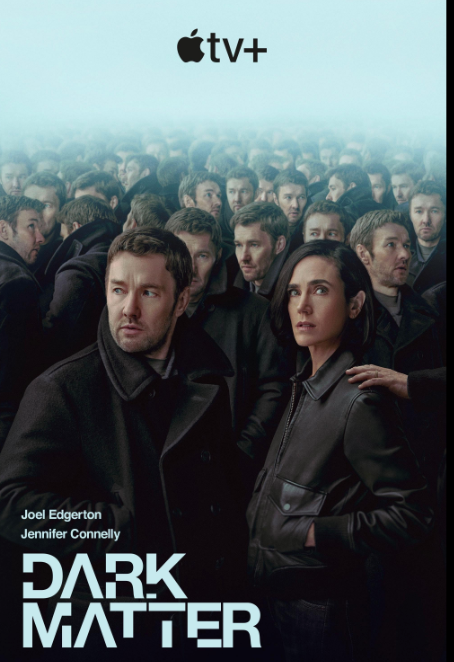
Just saw Dark Matter 1.3, the third episode of what I'd call the interchanging alternate reality series on Apple TV+. I thought it was excellent.
[Spoilers ahead ... ]
Dark Matter 1.2 ended with the shocking murder of Daniela 2 in Jason 1's reality -- that is, not the Jason who actually built the full-size superimposition box/room that makes shifts into alternate realities possible -- and this in effect is an announcement that this story, or at least some of the characters in it, really mean business. Their motives are still not clear by the end of the third episode, but Dawn losing a few of her fingers as she tries to stop Jason 1 and Amanda after firing a gun at them confirms that this narrative means business indeed.
The loss of the fingers also serves another important purpose. We're told that four characters in World 2 entered the box/room, and, who knows, there could be more. We'll at least now know immediately that if Dawn suddenly shows up in World 1with missing fingers, she's actually Dawn 2.
But lest you think that Dark Matter is all quantum mechanics and gore, there's also some nicer clever touches in 1.3 My favorite is the guess who's coming to dinner party in World 1, in which Jason 2 struggles to know who everyone is and what they do -- using an iPhone to help (of course it's an iPhone, the series is on Apple TV+ -- and Ryan 1 tells Jason 2 that he's looking good (which he should -- award-winning scientists probably do live and look at least a little better than their harried professor counterparts).
Dark Matter continues to be philosophically provocative, hard hitting, and we can now add, suitably wry. More than enough for me to eagerly continue to watch.
See also Dark Matter 1.1-1.2: Break-Neck Action and Philosophic Contemplation


